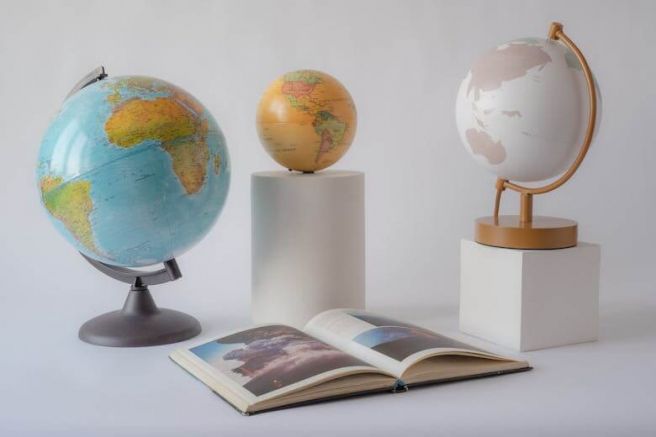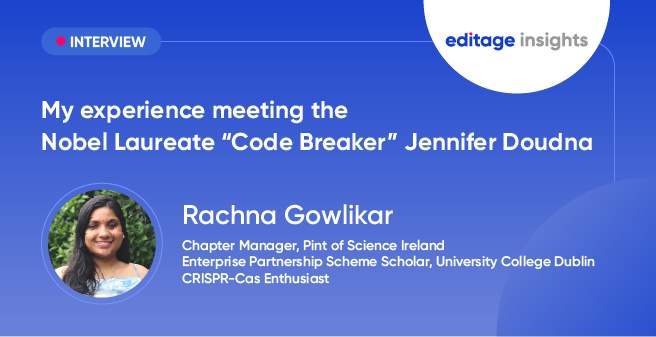The winners of the 2019 Nobel Prize are…

The period of anticipation is coming to an end as the Nobel Committee has started announcing the winners of this year’s Nobel Prize. Each year, the Prize, established by Alfred Nobel, is awarded for seminal achievements in six fields: Physiology or Medicine, Physics, Chemistry, Literature, Peace, and Economics. The prizes are awarded by separate institutions as designated by Alfred Nobel. Each recipient is given a medal, a diploma, and a cash award worth approximately $1 million, which is divided proportionately in the case of joint winners. This year’s ceremony will be held on December 10.
Let us take a look at who won the Prize!
2019 Nobel Prize in Chemistry
John Goodenough (University of Texas), Stanley Whittingham (Binghamton University), and Akira Yoshino (Asahi Kasei Corporation and Meijo University) have won this year’s Nobel Prize in Chemistry “for the development of lithium-ion batteries.”
The lithium-ion battery has its origins in the oil crisis of the 70s. Envisioning the need to work toward a future independent of fossil fuel, Whittingham first created a special cathode in a lithium battery using the energy-rich titanium disulphide that he had previously discovered. Taking on from Whittingham’s innovation, Goodenough used cobalt oxide to create a more powerful cathode in 1980. Yoshino completed the loop by using Goodenough’s cathode to invent the first commercially viable lithium-ion battery in 1985. In the three decades since its invention, the lithium-ion battery has powered devices ranging from phones to cars, bringing the world closer to the promise of a fossil fuel-independent reality. This year’s Chemistry Nobel thus rewards scientific endeavors to build a more sustainable future. Additionally, it re-emphasizes one of the main tenets of research: how later scientists can, and should, build on the work of previous ones.
The winners were announced by the Royal Swedish Academy of Sciences on October 9.
2019 Nobel Prize in Physics
James Peebles (Princeton University), Michel Mayor (University of Geneva), and Didier Queloz (University of Geneva and University of Cambridge) have been awarded this year’s Nobel Prize in Physics for “contributions to our understanding of the evolution of the universe and Earth’s place in the cosmos.” Specifically, Peebles received the award for “theoretical discoveries in physical cosmology” and Mayor and Queloz jointly for “the discovery of an exoplanet orbiting a solar-type star.”
Pebbles’ studies over the past 50 years have shone light on how the universe expanded after the Big Bang. His results – revealing that only 5% of matter is known to us – have shown how much more still needs to be known about the universe.
Mayor and Queloz’s discovery of 51 Pegasi b, an exoplanet (planet outside the Solar System), in 1995 inspired the further discovery of about 4,000 exoplanets over the next two decades. Apart from the quantum of discoveries, their work has spurred scientists to look for worlds in the vicinity of Earth, which may provide answers to life on Earth – and beyond.
The winners were announced by the Royal Swedish Academy of Sciences on October 8.
2019 Nobel Prize in Physiology or Medicine
William Kaelin Jr (Harvard University and Dana-Farber Cancer Institute), Sir Peter Ratcliffe (University of Oxford and Francis Crick Institute), and Gregg Semenza (Johns Hopkins University) have been awarded this year’s Nobel Prize in Physiology or Medicine for “their discoveries of how cells sense and adapt to oxygen availability.”
In independent studies conducted since the early 90s, the scientists studied how the body’s cells respond to varying levels of oxygen. The winners particularly investigated the response of cells to lower levels of oxygen, a condition known as hypoxia. Hypoxia-inducing conditions range from mild ones such as strenuous exercise to debilitating ones such as disease. By exploring ways to fight the impact of hypoxia, the scientists were able to lay the ground for work on combating the effects of anemia and cancer among other diseases.
The winners were announced by Karolinska Institutet on October 7.
Congratulations to the winners!
Stay tuned as we will keep updating this post as new winners are announced!
Related reading:
- The legacy of Alfred Nobel and how it all began
- Nobel Laureate Tim Hunt on what it’s like to win a Nobel Prize
- Ever wondered how Nobel Laureates spend their prize money?
References:



